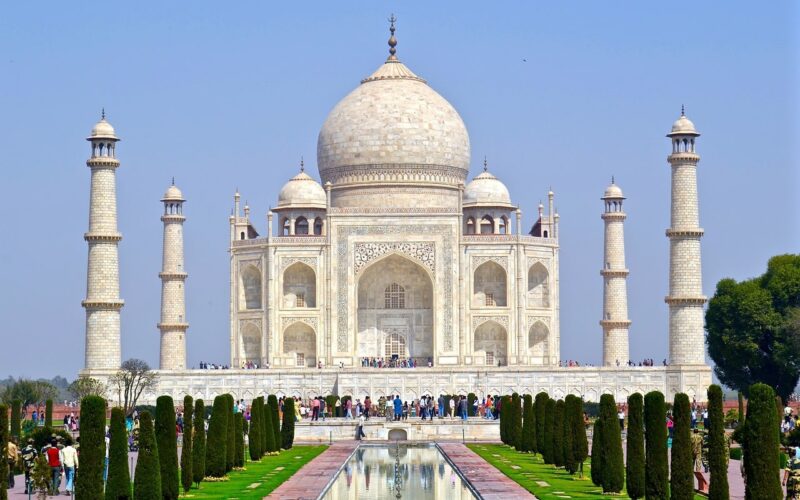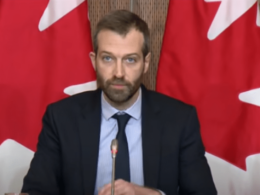Indian think tank Global Trade Research Initiative (GTRI) is advocating for the integration of cryptocurrency discussions within the World Trade Organization (WTO) e-commerce framework. As India calls upon member countries to address crypto-related matters during negotiations concerning the e-commerce sector, GTRI highlights the lack of clarity in the current WTO e-commerce framework in regards to the rapidly expanding crypto market. GTRI recently proposed this inclusion during a meeting involving senior WTO officials in Geneva.
According to Ajay Srivastava, Co-Founder of GTRI, the vast and multifaceted nature of the e-commerce landscape demands global attention and necessitates meaningful discussions surrounding the future trajectory of digital trade. To accomplish this, WTO members must prioritize addressing crypto-related topics before potential disputes arise due to differing interpretations.
Prioritizing Crypto Discussions within the WTO E-commerce Initiative
The WTO currently convenes discussions on e-commerce through a joint initiative that includes 89 member countries. This initiative covers various topics such as tariffs, customs clearance, paperless trading, online privacy, and cybersecurity. However, GTRI emphasizes the need for clarity on whether crypto exchanges should fall under the category of ‘electronic transmissions’ within the scope of WTO e-commerce.
As crypto exchanges involve digital transmission, they can be considered e-commerce transactions. Therefore, it is essential for negotiations to acknowledge the role of cryptocurrencies within the e-commerce landscape. This recognition will help guide regulatory decisions and prevent potential disputes in the future.
Preserving Policy Space for Developing Nations
The e-commerce moratorium, implemented in 1988, prohibits the imposition of customs duties on electronic transmissions. In June 2022, this moratorium was extended for two years, leading to objections from India. India argues that the moratorium negatively impacts developing nations by limiting their policy space for digital advancement and hindering revenue generation through customs duties.
India emphasizes the importance of regulating imports and preserving a fair playing field for all nations, especially in the rapidly evolving digital landscape. By engaging in meaningful discussions regarding the role of crypto within e-commerce, WTO members can establish a balanced framework that accounts for the diverse needs and aspirations of participating countries.

















